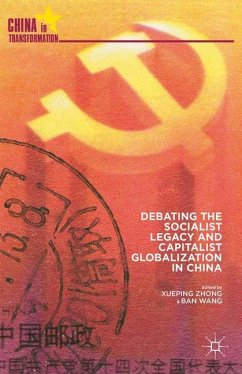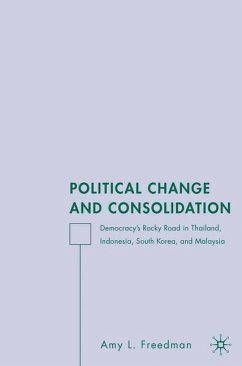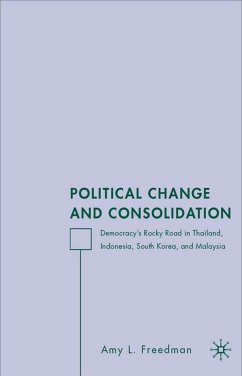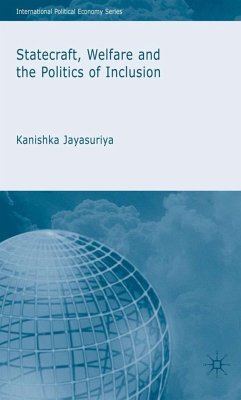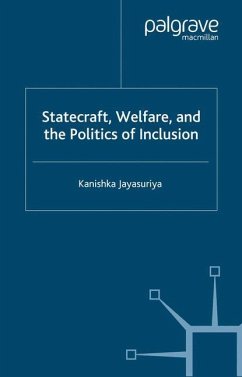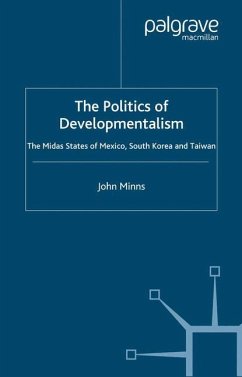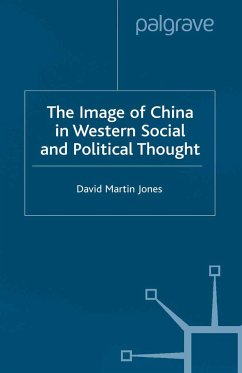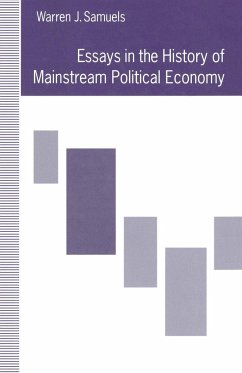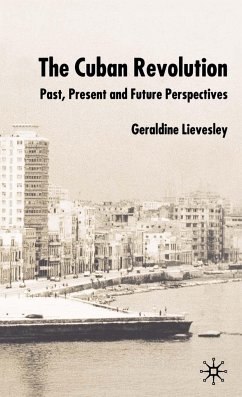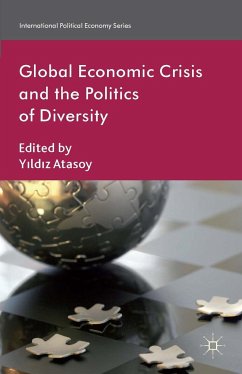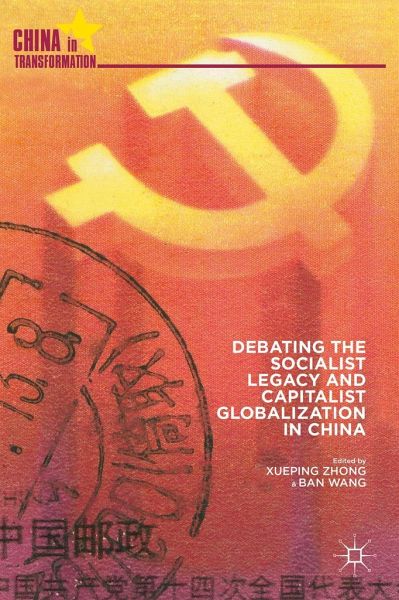
Debating the Socialist Legacy and Capitalist Globalization in China

PAYBACK Punkte
19 °P sammeln!
The first English collection of translated essays, by Chinese literary scholars, writers, and critics, this volume focuses on the legacy of socialist culture and post-socialist phenomena within the context of capitalist globalization. By rethinking socialism, literature, and culture in relation to the intellectual and cultural trends since the start of the reform and by debating the rise of the 'new left' culture, this book seeks to offer critical voices while evoking the themes of the socialist past to bear on the 21st-century Chinese intellectual and cultural scenes.





